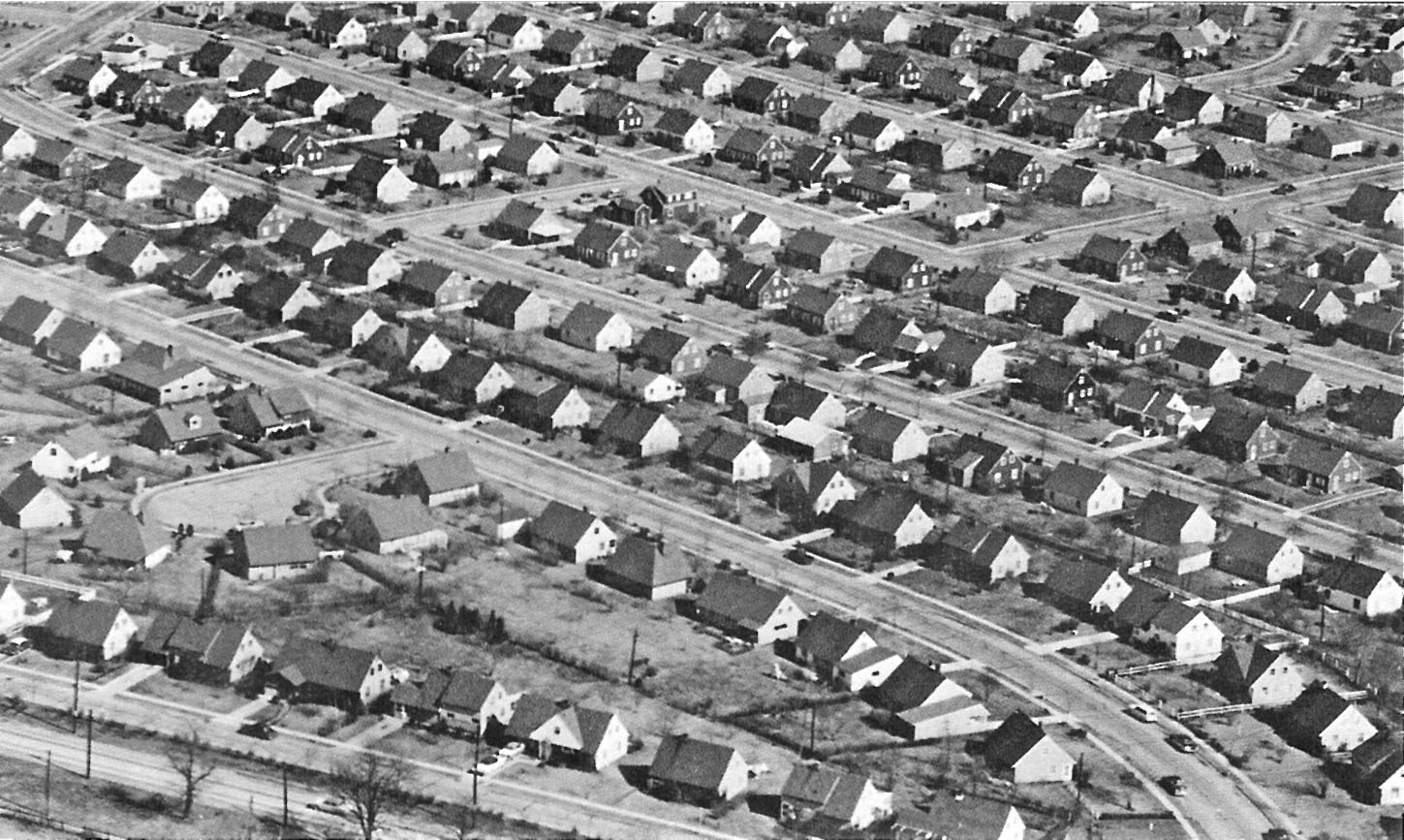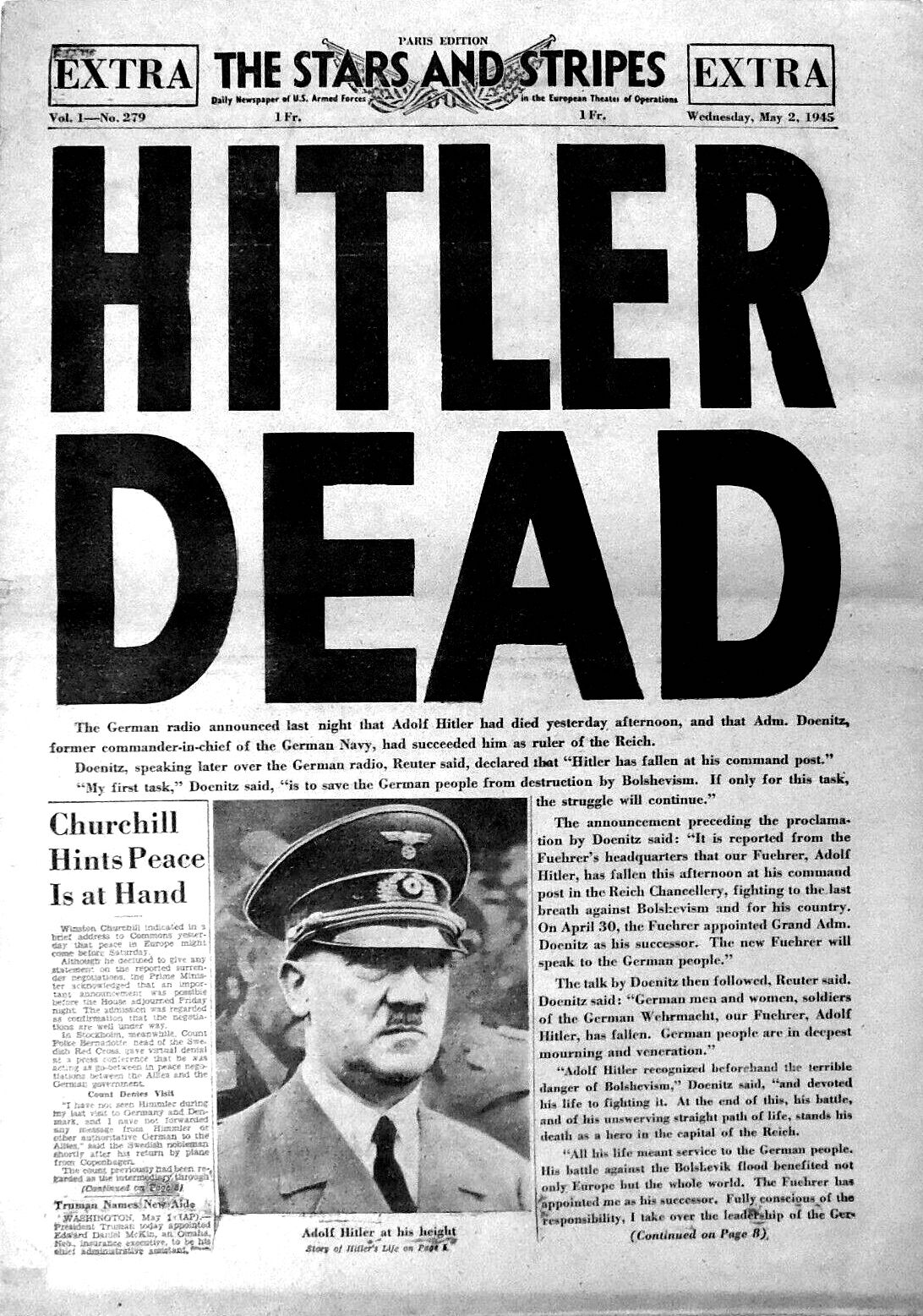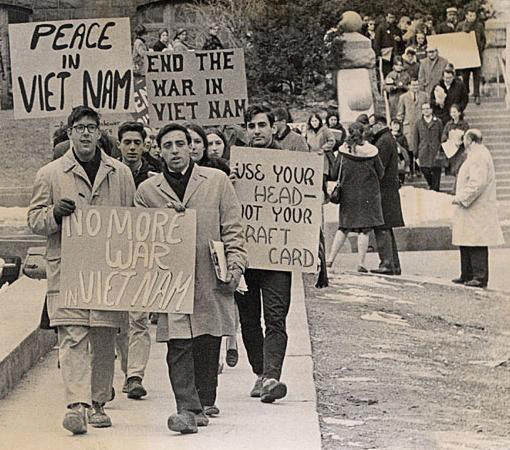Post War Era (1945-1982) By Shaan Mewasingh
Protest Themes of the 60's
Counterculture group
Hippies
Communal living
Sexual freedom
Taking Drugs
Activists
Well dressed
Generally clean
Serious concerns about the world
Swinging 60's
Quiet revolution began in 1960.
Equitable partnership with the
rest of Canada.
The protection of the French language
and culture in Quebec became a primary
concern for Quebeckers. "Maitre Chez Nous".
In 1968 Parti Quebecois: Rene Levesque was
elected leader. (Unione National)
EXPO '67
The Autopact of 1965
Canadian women began to challenge the traditional
and limited roles assigned to them and demanded more
equity.
Rock became popular during the mid-sixties
as the calls for peace, disarmament, and social
justice grew; the Beatles led the British Invasion
of popular music.
Women's Rights
Women could still not reach
the top employment positions.
Equal rights for women were built
into the charter and in 1988 abortion
was legalized, allowing women to make
decisions about their own bodies.
Cold War Prime Ministers
Louis St.Laurent
1948-1957
Liberal Party
Encouraged Newfoundland to join Canada
Developed natural resources
Promoted NATO
Led Canada into the Korean war
Allowed to much U.S. influence
Lacked political experince
Dealing with post war economic boom
John Diefenbaker
1957-1963
Conservative party
Champion of the underdog
Increased pensions
Granted the right for First Nations to vote in 1960
Passed the Canadian Bill of Rights
Cancelled the Avro Arrow
Huge brain drain
Did not listen to anyone
Poor relations with the U.S.
Lester Pearson
1963-1968
Liberal party
Experienced in politics
Introduced the Canadian Pension Plan
Had a difficult time keeping strong ties with
English Canadians
Pierre Elliot Trudeau
Liberal party
Young, athletic, and wealthy
Brilliant scholar and lawyer
Adaptable and tough
Promoted a "Just Society"
Believed in strong Federal Government
Improved benefits for the poor and elderly
Kept energy prices down
Did not care about the opposition and fought
for his vision of Canada
The Booming Fifties
Baby boom

Automobile became a symbol of success
in Canadian society.

American television programming and adverting
influenced Canadian families. (CBC)

Canadians began moving to suburban
communities.

Teens emerged in large numbers and with more
leisure time and spending money.
Rock-and-roll music was an important part of
youth culture.

The End of War
Victory In Europe (VE Day)
May 8th, 1945
War ended

April 30th, 1945
Hitler committed
suicide.

Victory in Japan (VJ Day)
August 14th, 1945
War ended

The Cold War Events
Berlin Wall
Germany was split into 2.
Built a wall between west and
east of Germany.
This was to protect Germany
from Russia.
This divided Germany
into communist.
Korean War
Soviet Union took over
North Korea after the
Japanese empowered.
U.S. took over south Korea.
North Korea had a proxy
war with south Korea.
NATO
In 1943, talks began between
U.S., Canada and other European
countries to create an alliances to
prevent further expansion of Russia.
Canada wanted a peaceful coexistence.
Agreement came into affect on
August 24th, 1949.
North Atlantic Treaty Organisation
Warsaw Pact
In 1954, NATO wanted west Germany
in the alliance.
In 1955, Soviet Union and 7 other
European countries met in Warsaw,
Poland to sign the Warsaw Pact.
NuclearArms Race
September 23rd, 1949 the Soviet
Union announced it had exploded its
first atomic bomb 2 months earlier.
MAD - Mutually assured destruction.
NORAD
North American Aerospace Defense
Command
Tracked drug smugglers flying into
the U.S. and Canada.
During 9/11 NORAD sent fighter
jets.
After 9/11, NORAD tracks every
command flight.
The air is a lot safer.
Truman Doctrine & Containment
The Truman Doctrine was a very
simple warning clearly made to
the USSR.
Protect democracy vs. communism
United Nations
The Atlantic Charter was created
by Roosevelt and Churchill to bring
an end to war.
This treaty allows them to
negotiate peace and end future
wars. Not to try make the same
mistakes as the Treaty of Versailles.
Avro Arrow
Canada was worried the Soviet
Union would attack them by surprise.
Canada spent more on there military
than anything else for the next 15 years.
In 1953, The government paid
for the development of a new
aircraft.
Espionage (Igor Gouzenko)
Russia said they would not
touch either countries.
Many countries used espionage
to keep them at bay to gain info
from them.
Many people thought to be spies.
Many died due to false
assumption by the government.







.jpg)

